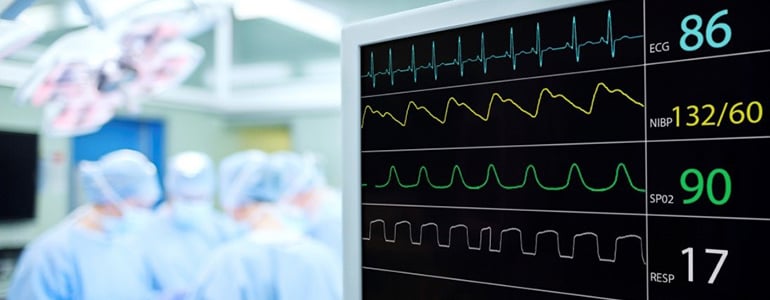The Bridge to China

26 Nov 2019
Medical Device Approvals with the National Medical Products Administration (NMPA)
In China, medical device manufacturers must have products approved by the National Medical Products Administration (NMPA), the equivalent of the FDA in the U.S. The process can be complex, expensive, and often frustrating at times. Until now.
There are three steps for medical device attestation with the NMPA: testing; clinical trials for all Class III devices, and some Class II and Class I devices; and registration with the NMPA. Challenges for manufacturers looking to export into China include:
- NMPA Registration Testing: In principle, testing must be conducted at an NMPA authorized lab in China. Typical queue time in China is 4-6 months and there are often difficulties in communication due to language barriers and time differences. Additionally, the standards are written in Chinese, making a knowledge of that language essential. As a result, it can be difficult for U.S. manufacturers to prepare for and pass the testing regimen smoothly and with predictability.
- Leadership Changes and Policy Instability: With cyclical changes every 3 to 5 years, it is routine for new leadership in China to implement different strategy elements, disrupting continuity in rules interpretation and implementation. It is challenging for medical device manufacturers to remain current and follow the most recent regulation changes.
- Confusing Structures: There are multiple government departments above the NMPA, meaning that the regulations, rules and documentation for market entry reside with multiple authorities. Additionally, the NMPA medical device registration guidelines lack detailed instruction for documentation and submission. In short, it can be hard to find support, making it frustrating and time-consuming to find and complete documents and paperwork in a timely and thorough fashion.
- U.S.-China Trade Issues: Tariffs placed on several categories of U.S. medical devices range from 5 – 25% of product's value. The higher prices due to tariffs place non-Chinese manufacturers at a competitive disadvantage. Some manufacturers must choose whether the opportunity and ROI is worth the effort of meeting NMPA requirements.
- Chinese 3rd Edition: The impending release of IEC 60601-1 3rd Ed. – Chinese version means the NMPA is planning to release and start testing per new standards this year. As a result, there will be a learning curve for NMPA engineers to develop competency for documentation and testing requirements which opens doors for interpretation missteps and subjective decision making.
With so many factors at play, what is a medical device manufacturer to do? There are essentially two options: Submit the device to an NMPS lab for in-country testing and necessary clinical trials, then submit documentation for NMPA registration; or, conduct witness testing in the U.S. under NMPA allowed conditions, with clinical trials in China, as needed, then submit documentation for NMPA registration.
There are benefits to conducting testing in the U.S., included savings in both time and expense. While this seems the obvious choice, there can be some difficulties in achieving optimal results by doing the testing in the U.S. including language barriers and the need to have the NMPS witness the testing. If manufacturers want to pursue testing in the U.S., it is critical to work with a lab that has an established relationship with the NMPA, has staff who can communicate in Chinese, and who understands the process and paperwork necessary for registration. Such an established relationship is essential for a cost-effective, quick, efficient entry to the Chinese market.
Our "Bridge to China" program offers an alternative for manufacturers struggling with the complexities, costs, inefficiencies, and timeline of the traditional approach to exporting medical devices to China.
For more insights on the challenges of exporting medical devices to China, plus information on how our approach can benefit medical device manufacturers, download our complimentary webinar.

Yaqing Liu,
Senior Staff Engineer & Quality Supervisor
Yaqing Liu is a Senior Staff Engineer and Quality Supervisor in Intertek's Boxborough, Massachusetts laboratory. Multiple IEC standard committee member. IECEE CB scheme and A2LA assessor. A native of China, she has been working with medical device manufacturers to help them understand and meet regulatory requirements for more than 10 years.